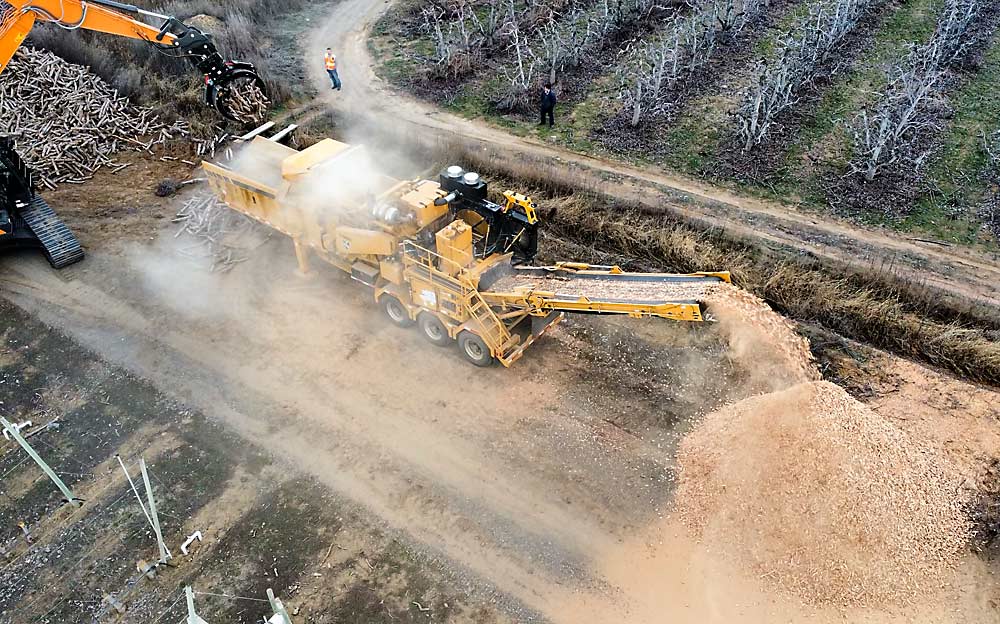
In Royal City, Washington, hungry worms happily munch on wood chips and dairy waste — filtering water, reducing greenhouse gas emissions and giving a second life to ripped-out orchards.
The success of the worm farm system at Royal Family Farming inspired its owners, the Allred family, to seek a larger scale by partnering with other orchardists through their sales desk, CMI Orchards. The result: a new initiative to turn agricultural wastes into soil amendments, known as The Soil Center, launched in March.
“When we saw the huge value of the wood chip, CMI and our family came together and said we want to work towards never burning another tree,” said Austin Allred, president of Royal Family Farming.
The partners envision a regenerative system that combines dairy, orchard and other crop waste products that can be recycled to create soil amendments, including manure compost, vermicompost (worm castings), biochar, bonemeal and more, said Jon Cox, president of The Soil Center. As the effort grows, it will be able to recycle wood chips from orchards around the region and supply soil amendments to the region’s agricultural community.
“In order to be regenerative, there has to be a lot of diversity,” Allred said. “For us, having a woodstock operation and a livestock operation and a vegetable operation, it’s critical to have that diversity that you need to keep your soils active, alive and healthy to do the work.”
The idea took root when Allred installed a worm farm, almost a decade ago, to help the family dairy reduce the greenhouse gas emissions that occur as manure breaks down. They compost the solid manure and spray the liquid over worm beds, where the worms filter out the nitrogen from the water. Once clean enough, the water irrigates the crops that feed the cows.
Today, that 8-acre “swimming pool for worms” is the largest of its kind in the world, said Cox, and requires 20,000 tons of wood each year.
Initially, Royal Family Farming supplied that from its own orchard removal, reducing the carbon emissions that would be produced by burning the trees, said Cox, who has both a family connection — he’s Allred’s cousin — and a doctorate degree in chemistry focused on soil science. But they need more, so through The Soil Center, they invested in a mobile chipping operation to transform old orchards around the region into worm food.
Eventually, the wood in the worm beds is refreshed and old worm substrate is processed into vermicompost. New biochar processing and aerated static-pile composting equipment, to be installed this year, will also expand The Soil Center’s offerings.
“There are so many different ingredients we have to play with derived from waste streams,” Cox said.
He describes the vision as multiple pipelines to repurpose ag waste products into soil amendments with custom blends to meet different needs. It’s a vision that could also carry Washington’s tree fruit industry into carbon-neutral territory.
“Apples, as a crop, are probably one of the most climate-friendly ones that exist,” Cox said. The trees grow for decades, removing carbon dioxide from the atmosphere. “What we have (built) is a way to repurpose that wood into various soil amendments that can go back into the ground.”
While the industry awaits the development of a life cycle assessment that puts some verified numbers to the question of the Washington apple industry’s climate footprint, Cox said he’s optimistic The Soil Center approach offers a significant benefit.
Bob Mast, president of CMI Orchards, agreed.
“CMI is steadfast in its commitment to a carbon-negative fruit industry,” he said in a statement. “We are focused on creating a model that helps the entire agricultural sector, extending these advantages to all growers.”
The carbon-accounting of all that waste recycling will help to make the project possible, Allred and Cox said. Royal Family Farming already sells carbon credits based on the dairy’s emission reductions, and The Soil Center leverages that experience.
The dairy industry leads the tree fruit industry and most other crop systems when it comes to both technology and incentives for climate-friendly farming practices, in large part because they have been under scrutiny for issues such as manure management, said Chad Kruger, director of the Washington State University Center for Sustaining Agriculture and Natural Resources. But even there, the landscape of carbon-crediting programs is quite complex. He called Royal Family Farming a successful example of farmers figuring out how to get paid for the climate benefit they provide.
“It takes an Austin Allred-type person to jump in with both feet to make this work,” Kruger said.
Allred considers the carbon credits a way to subsidize the investments in sustainability for the long-term benefit of his farm.
“We installed the worm farm for a long-term play, but it takes a lot of capital,” Allred said. “The carbon credits helped us (offset) the cost of investing in this.”
But at the core, it’s a soil-health system, not a carbon-credit system, that Allred, Cox and partners are building.
“We called it The Soil Center for that reason,” Allred said. “The beauty of a soil-first strategy is that it is almost always going to improve soil carbon sequestration and reduce carbon emissions.”
—by Kate Prengaman

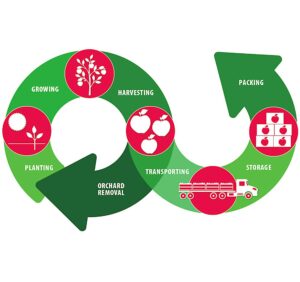
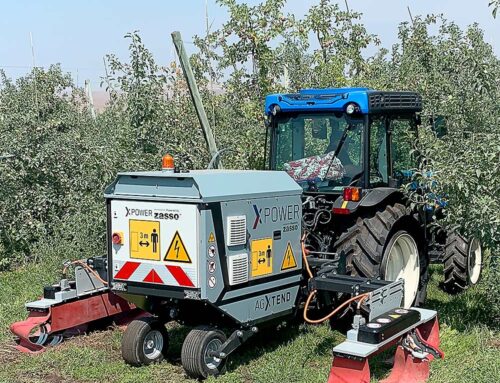
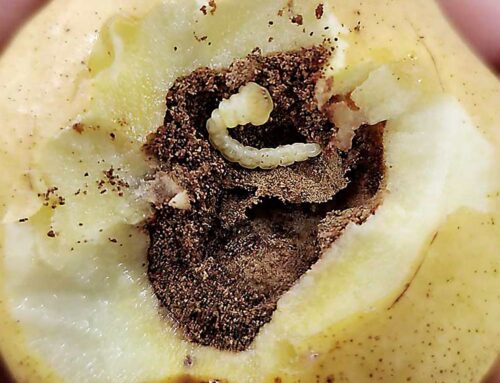
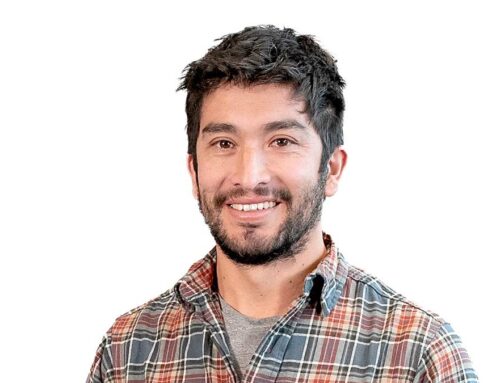
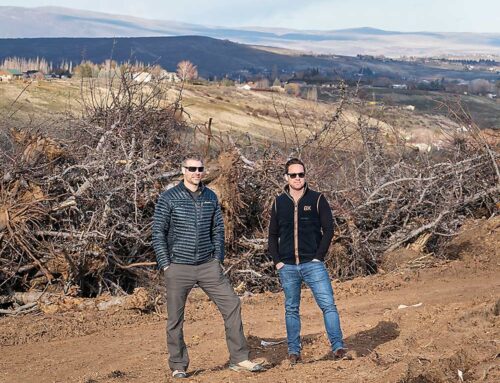
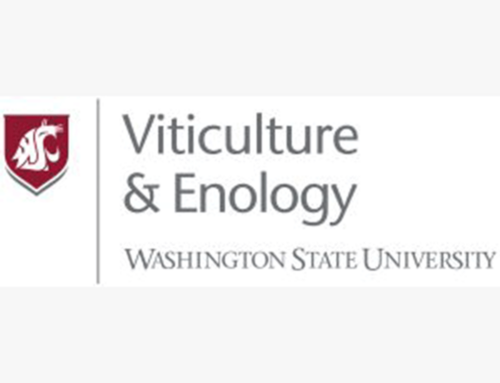
Leave A Comment